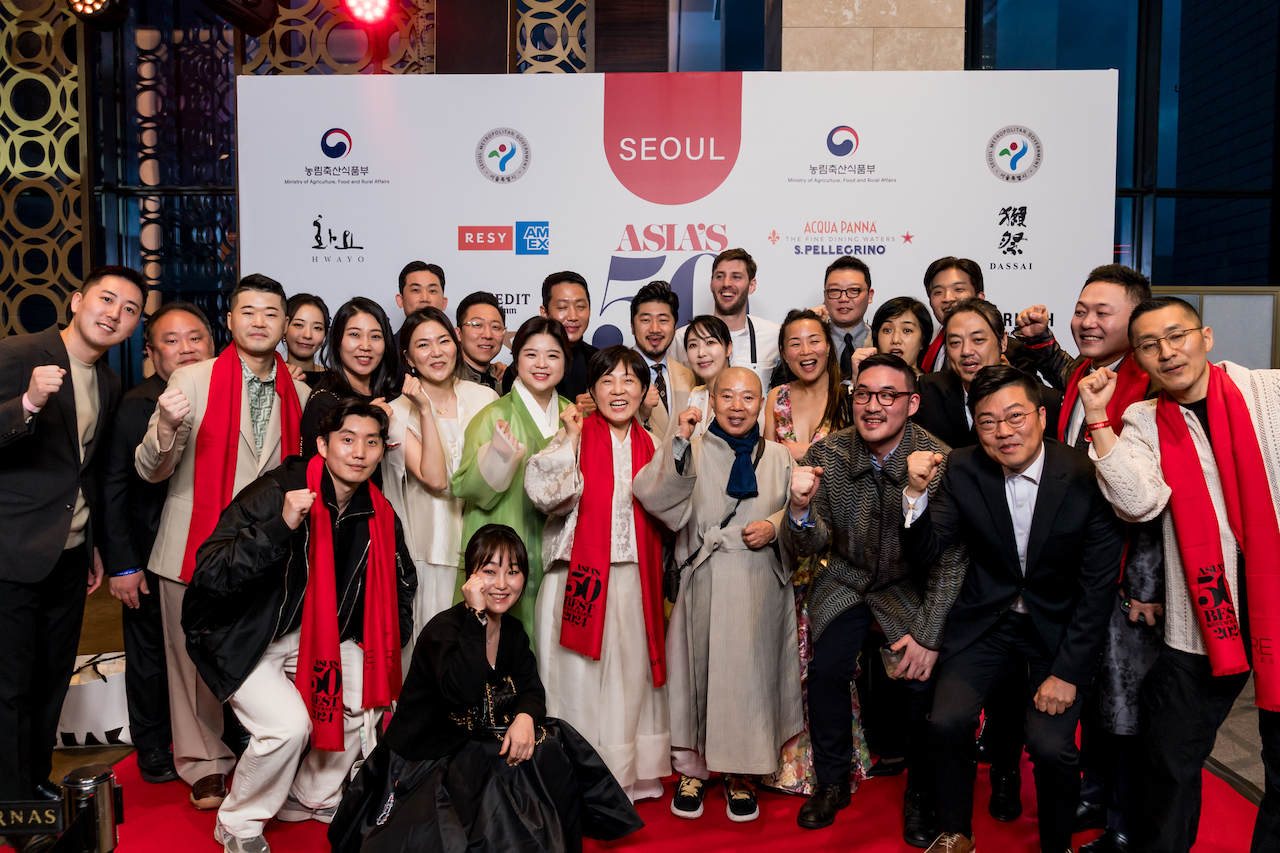
Seoul’s dining scene pulsates with innovation, tradition, and an insatiable appetite for culinary excellence. In March 2024, the city played host to the Asia’s 50 Best Restaurants award ceremony, showcasing the pinnacle of gastronomic achievement in the region. Against this backdrop of culinary celebration, we meet five trailblazing chefs across four restaurants on the list who have made their mark in the dynamic city. From their sources of inspiration to their perspectives on Seoul’s dining landscape, find out more about the culinary journeys of these exceptional chefs and the restaurants that have earned them acclaim on both local and global stages.
Chef Min-goo Kang, Mingles (#13)
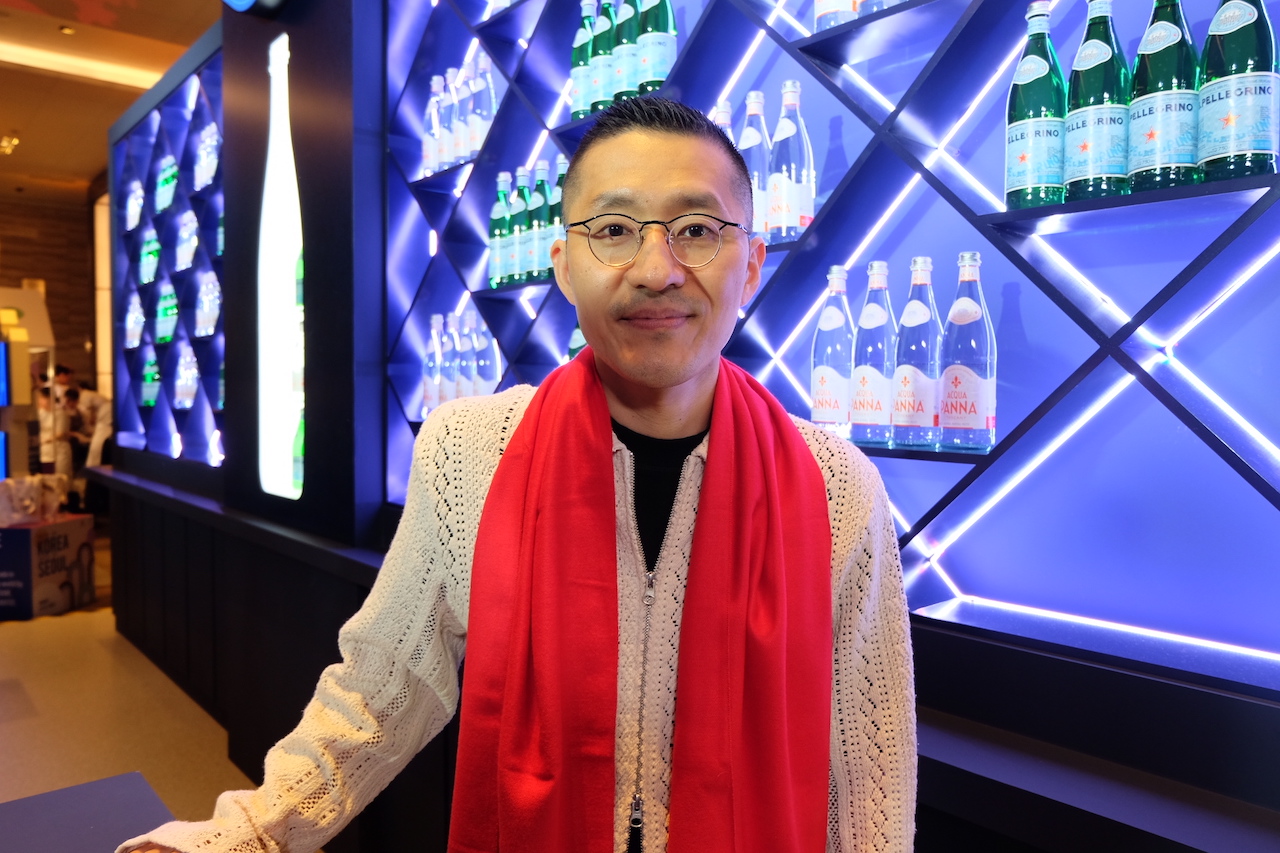
What do you think about Seoul’s dining scene right now?
I think Seoul’s dining scene is vibrant and competitive, particularly in fine dining, which showcases diversity and originality. Additionally, the cafe, bar, and dessert scenes also boast a high standard on a global scale. As consumer spending increases and international interest grows, everyday Korean dishes are being elevated with better ingredients and infused with young sensibilities, which leads to the creation of a captivating culinary culture unique to Seoul.
Do you have any signature dishes on your menu?
I recently wrote a book on one of the most important ingredients in Korean cuisine, “jang“. Among Mingles’ menu items, there is a dessert called “Jang Trio”. This dessert encapsulates three essential Korean condiments used in cooking: soy sauce, doenjang (soybean paste), and gochujang (red chilli paste), all on one plate. This dessert, with a French twist, incorporates doenjang into a representative French dessert, crème brûlée. Accompanied by pecans glazed with soy sauce, gochujang powder, and vanilla ice cream, it’s a unique dessert with Mingles’ distinct touch. This dish has been a staple on the Mingles menu since its opening, showcasing the creative use of “jang” in desserts and serving as a representative dish demonstrating the diverse applications of “jang” in various culinary fields.
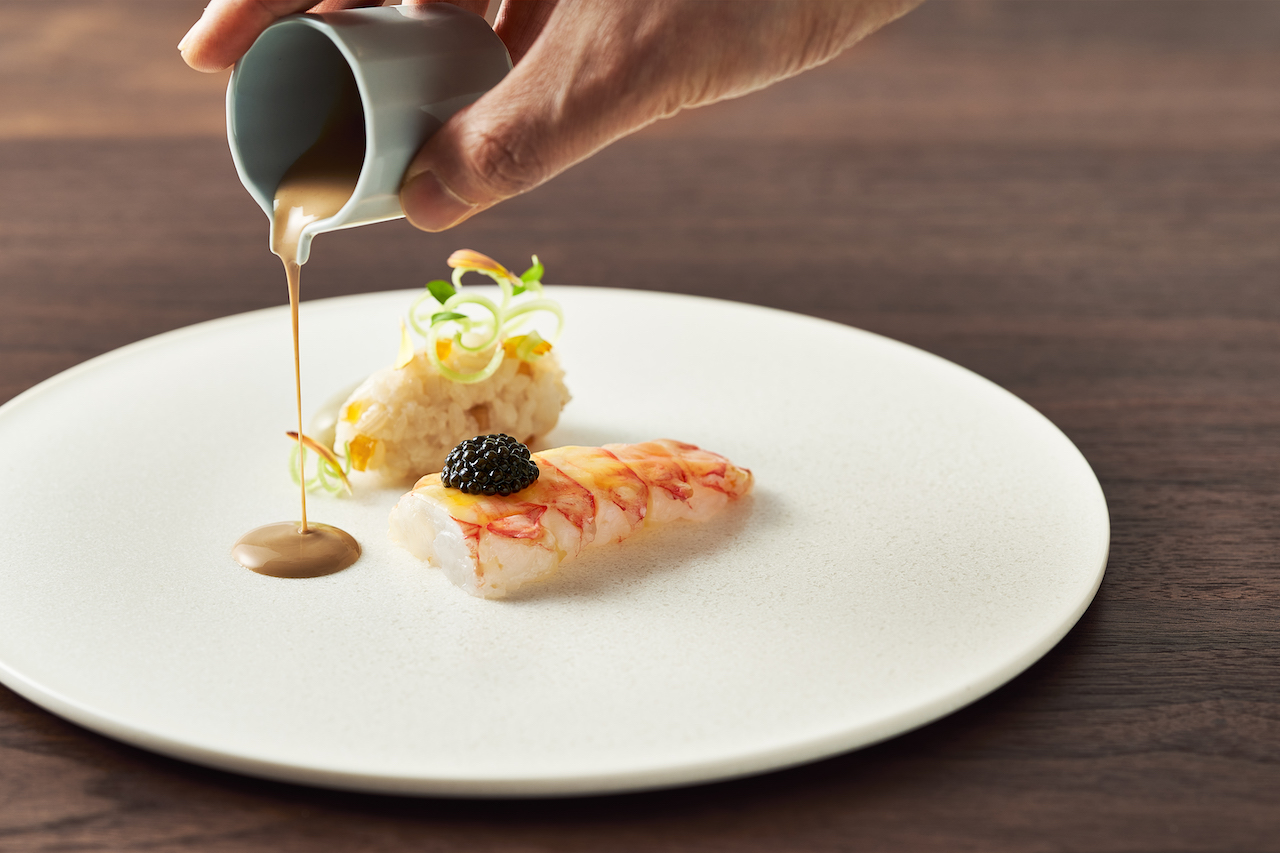
What can guests expect when they visit your restaurant?
We hope that guests can experience both the past and present of Korean cuisine through a meal at Mingles. We place great importance on using seasonal ingredients and collaborating with producers. Our approach at Mingles is to incorporate the finest local ingredients and Korean flavours, presented in the ‘Mingles style.’ We respect the roots of Korean cuisine while infusing it with modern techniques and sensibilities to showcase our unique interpretation of Korean cuisine. Expanding the boundaries of Korean cuisine is something we value greatly at Mingles.
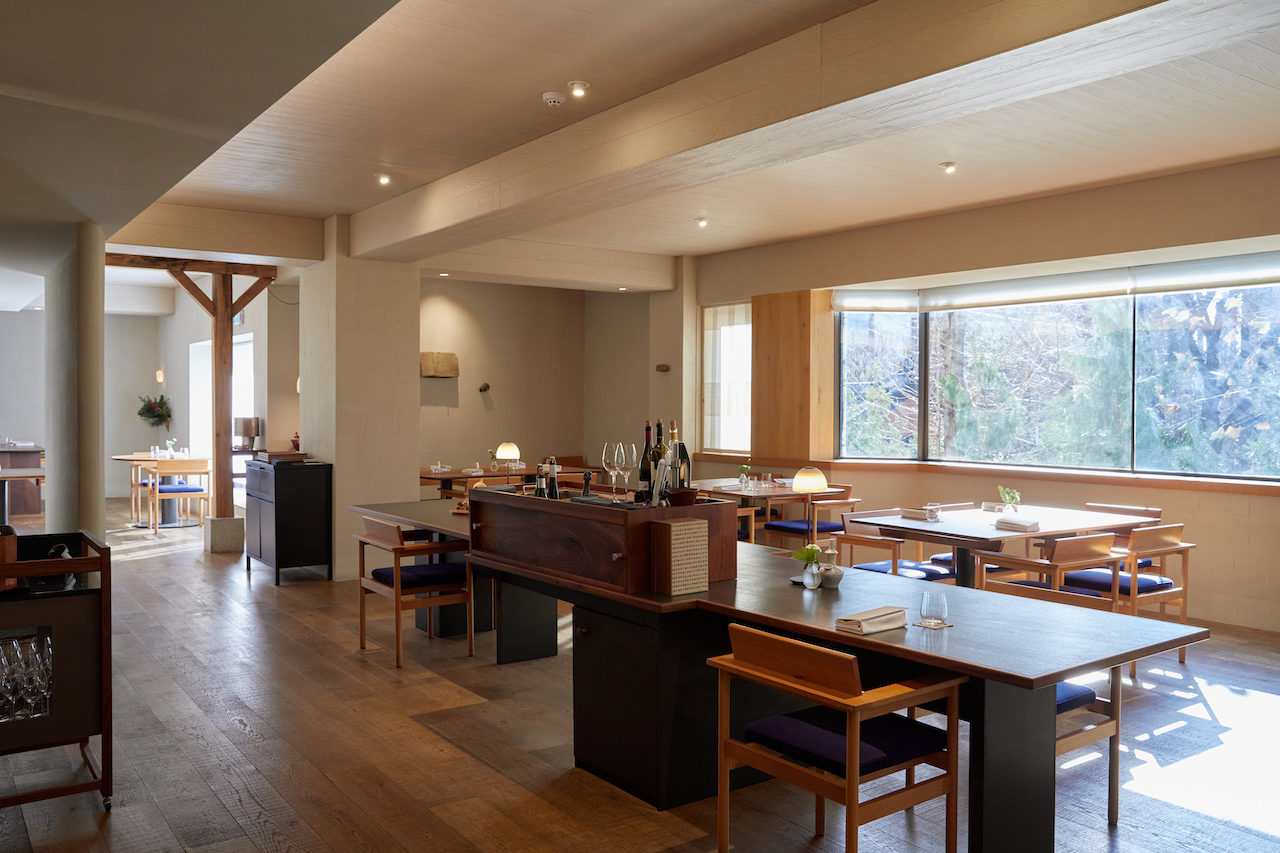
Is there anything that inspired your culinary journey and restaurant concept?
Meeting with Ven. Jeong Kwan and Chef Cho Hee-sook. Through encounters with these two culinary giants, I had the opportunity to study Korean cuisine and gained a deeper understanding of it, which greatly influenced my culinary journey and the concept of my restaurant.
Chef Eun-hee Cho and Sungbae Park, Onjium (#21)
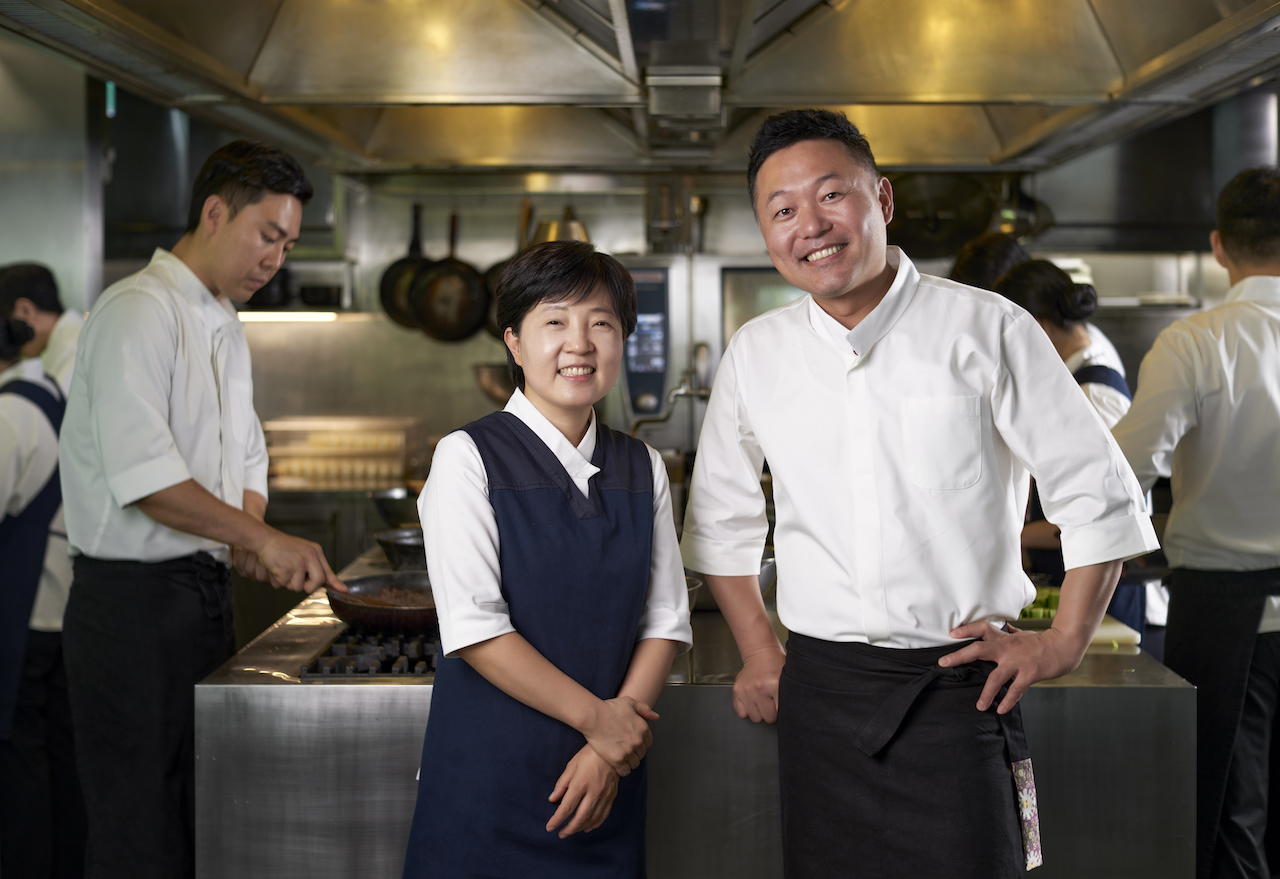
What do you think about the dining scene in Seoul right now?
Korea’s food culture is experiencing rapid innovation and diversity. Thanks to foreign chefs who come to Korea, the culinary landscape of Korea is evolving in progressive and diverse ways. For instance, there are emerging Korean-style variations of Italian or French cuisine. These restaurants introduce innovative technologies such as media art dining to offer unique experiences.
What can diners look forward to when they come to dine at your restaurant?
When guests visit our restaurant, they can expect to experience the essence of “balance” most prominently. This balance can be felt in every aspect: the space, the furnishings, the people, the ambience, and of course, the cuisine. While many people may initially perceive Onjium as a traditional restaurant focusing solely on traditional dishes, they will discover a unique charm where modernity intertwines subtly with traditional elements in our architectural design. Our menu features dishes inspired by ancient royal court cuisine that have been meticulously researched and brought to life. These dishes, although they may have been part of our culinary heritage, have gradually faded from our everyday dining experiences for various reasons. Therefore, guests can eagerly anticipate rediscovering and savouring these forgotten delicacies, adding an element of excitement and nostalgia to their dining experience.
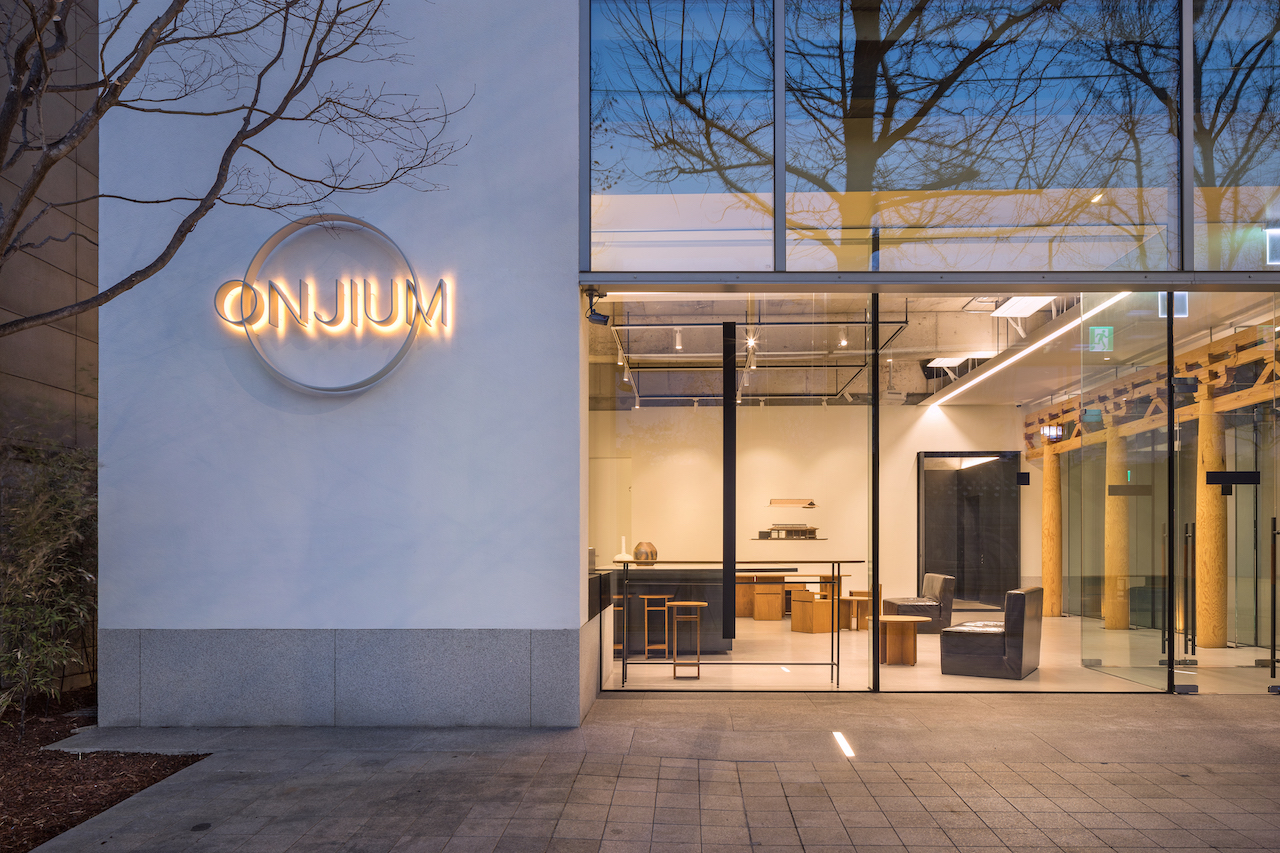
What inspired your culinary journey and the concept behind your restaurant?
Chef Eun-hee Cho: I was first influenced by my parents’ cooking, and further, by studying royal court cuisine. I also get inspiration while working and learning with elders at Onjium.
Chef Sung-bae Park: Being born in the countryside, I was inspired by the beauty of nature from a young age. After joining Onjium, I continued to seek inspiration through education such as history, pottery, and humanities lectures, striving tirelessly to create mature and profound cuisine.
How do you stay innovative and keep your menu fresh in a rapidly evolving culinary landscape?
In an environment where the culinary industry is rapidly evolving, maintaining creative menus requires a blend of tradition and innovation. Korean cuisine undergoes steady development through its diverse ingredients and cooking methods. Particularly, the harmonisation of seasonal ingredients reflects natural and beautiful flavours. While preserving these traditions and histories, Korean cuisine generates “timeless novelty” through innovation and reinterpretation, which is the core value of Onjium Restaurant.
Onjium strives to rediscover forgotten dishes from ancient royal court cuisine or reinterpret traditional dishes in a contemporary manner. Through research, they develop and present healthy and creative recipes that cater to modern tastes. These efforts bring freshness to many people, with Korean culinary traditions and history at their core.
The concept of “timeless novelty” at Onjium is achieved through a harmonious blend of traditional Korean cuisine, Onjium’s aesthetics, and the craftsmanship of Korean pottery. Through this approach, Onjium offers a unique cultural and aesthetic experience through Korean cuisine, delivering new excitement and satisfaction to its customers.
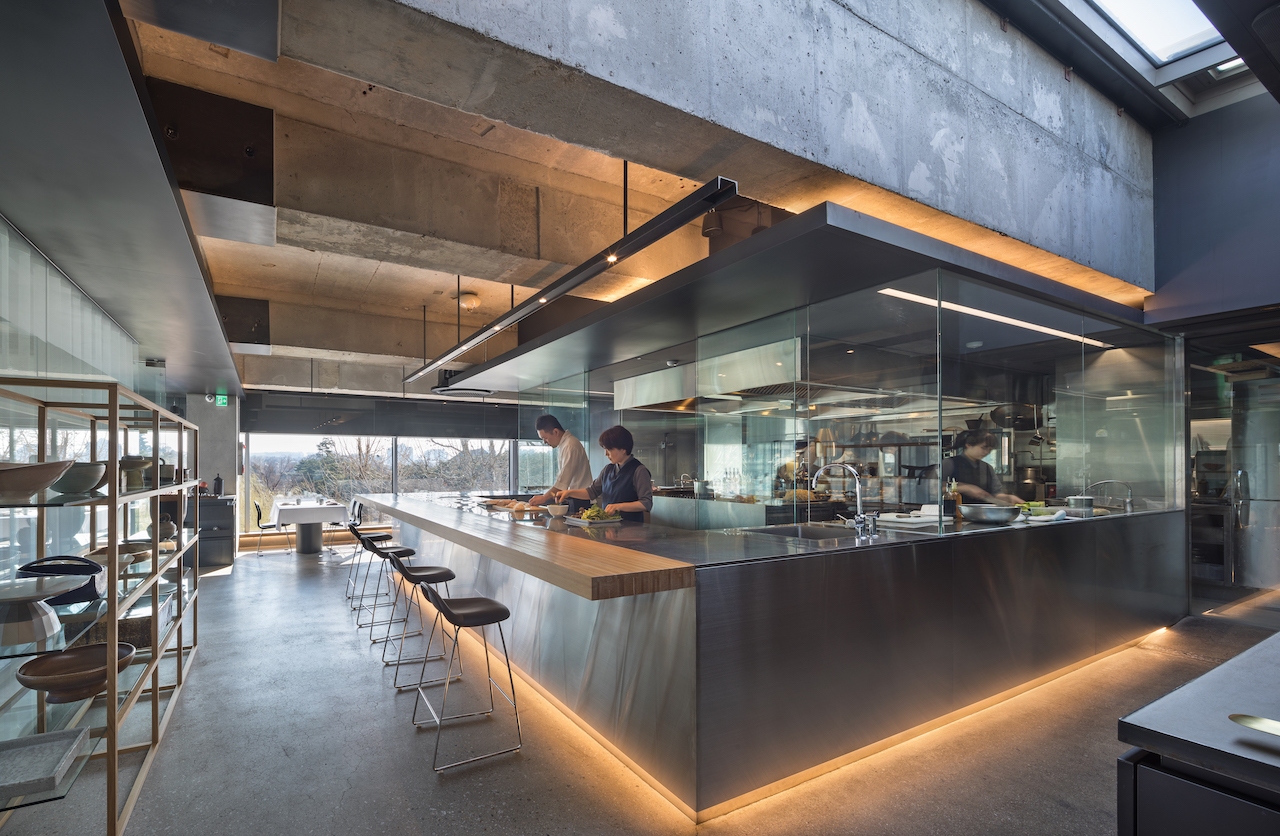
Do you have any advice you’d like to share with young chefs?
Chef Eun-hee Cho: The profession of a chef may seem glamorous from afar, with spotlights shining, but in reality, it entails spending long hours in the kitchen and facing many physical challenges. To succeed in this profession, one must genuinely enjoy cooking and have the patience to persevere through the difficulties that arise in the process.
Chef Sung-bae Park: I would like to share the phrase “극기복례위인” which means overcoming oneself and returning to virtue. This embodies the value of overcoming personal desires and persevering diligently in one’s work. Particularly, if one enjoys and finds happiness in this endeavour, the value becomes even higher. Consistently pursuing what one loves and giving it their best effort is the key to realising this. Furthermore, understanding Korean philosophy can provide strength to one’s cooking journey.
Chef Jong-won Son, Eatanic Garden (#62)
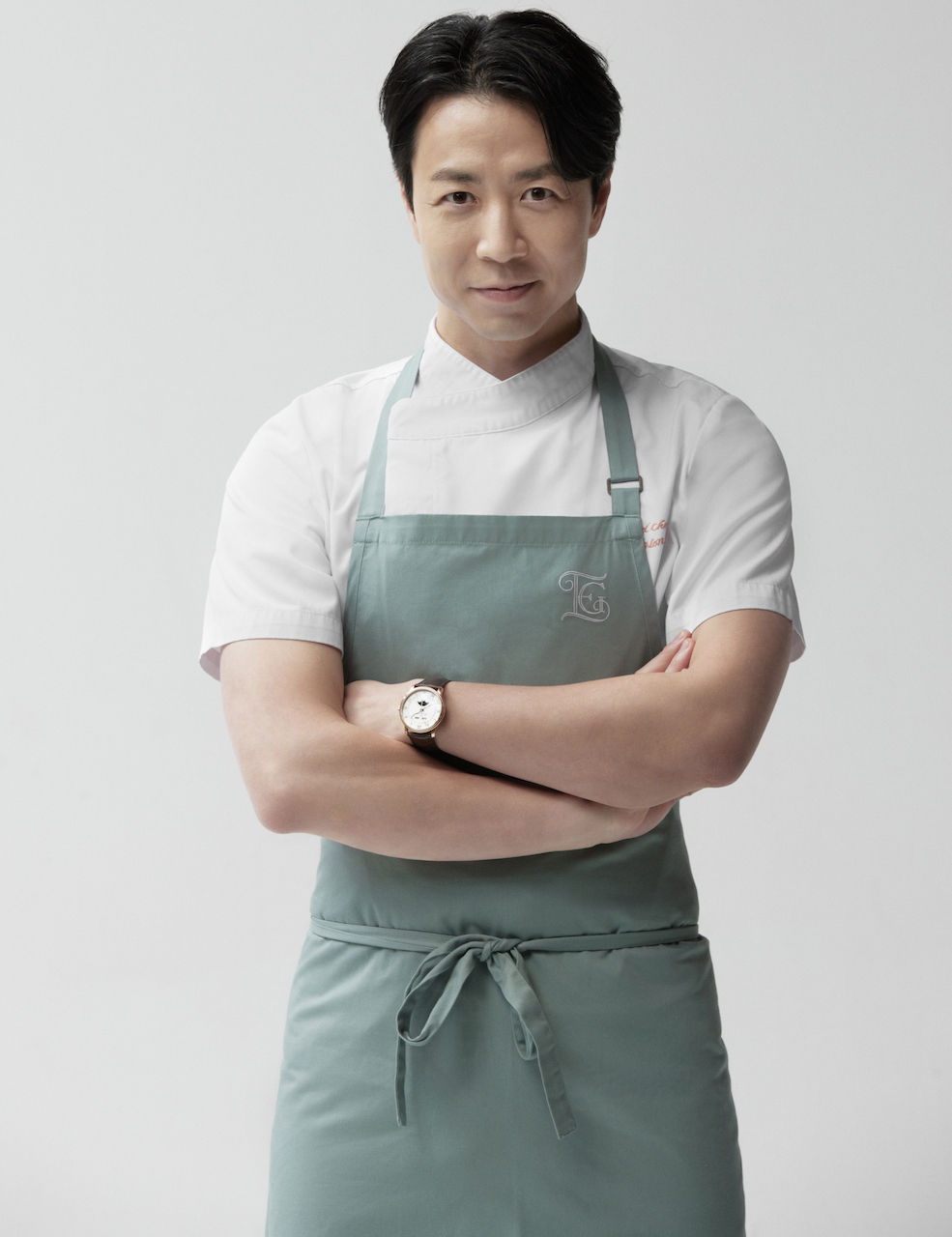
How do you feel about Seoul’s dining scene currently?
Interest in Korean food is increasing globally, and along with this, Korea’s dining scene is also developing. Many chefs are increasingly focusing on authenticity and originality, and Korea’s unique, wonderful food culture is being created.
Is there anything new happening at the restaurant of late?
Most recently, we hosted a four-hands dinner with Chef Gert De Mangeleer of Hertog Jan in Belgium. In addition to this, we are planning various collaboration events this year and are looking forward to learning and experiencing a lot through these opportunities.

What can diners look forward to when they come to dine at your restaurant?
In addition to the cuisine that can be found in Korea, we are putting a lot of effort into ensuring that our guests can experience the wonderful Korean culture, including the utensils, ceramics, words that specifically servers use, music, and drinks. We want to give our guests a complex ‘Korean’ experience.
What inspired your culinary journey and the concept behind your restaurant?
Two things inspire me the most. First of all, the cuisine and thoughts of chefs who taught me, such as Chef Corey from Benu, Chef Rene from Noma, and Chef Matthew from Coi. The second is ‘traditional food’. All our dishes at Eatanic Garden begin with understanding and implementing tradition.
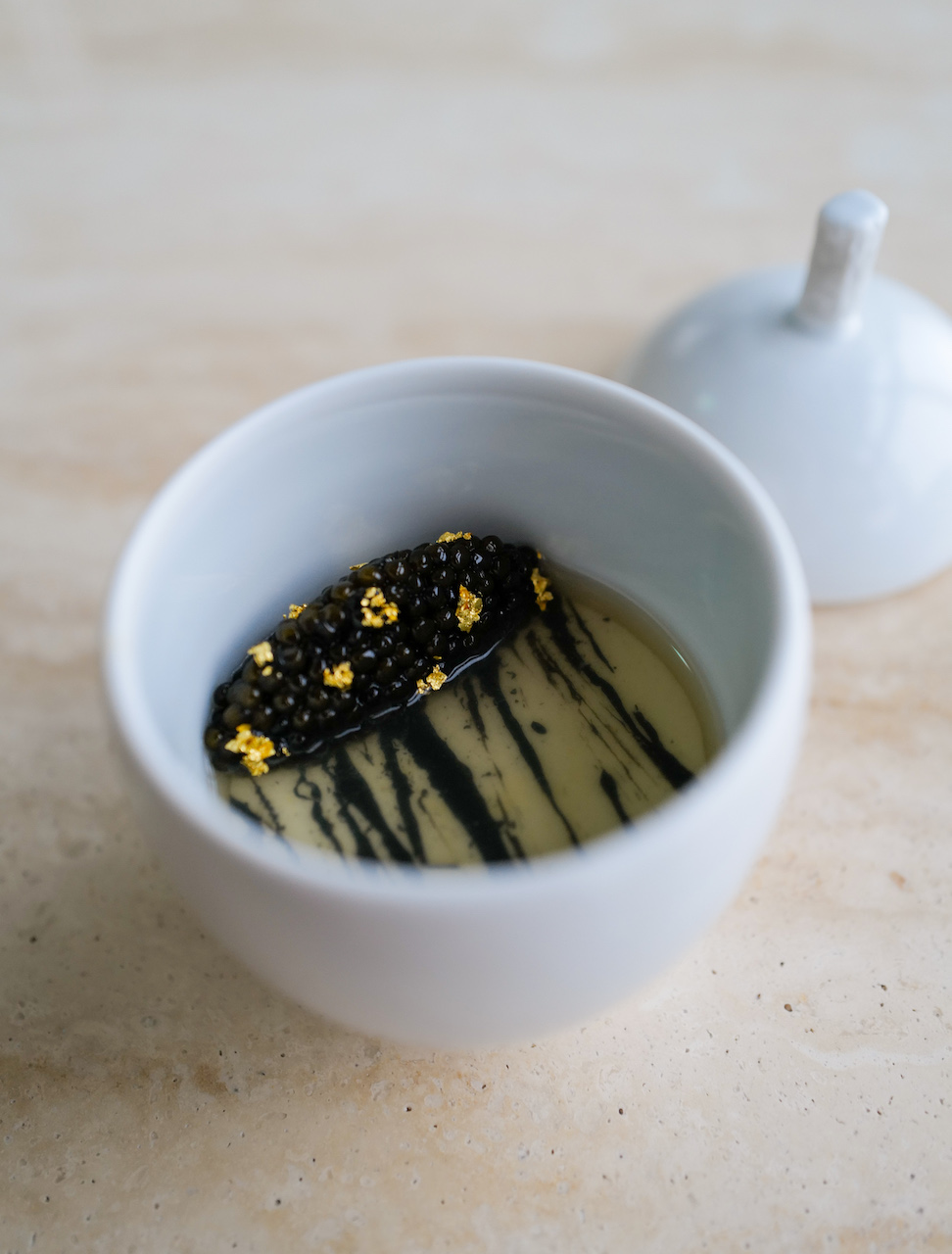
How do you stay innovative and keep your menu fresh in a rapidly evolving culinary landscape?
We think originality is very important. With the development of social media and many online platforms, for example, it is now easy to imitate dishes served at restaurants on the other side of the planet. But we do not think we can make progress that way. We think there must be a reason why this dish should be served here. It is very important to find your own cooking style and maintain it.
What advice would you give to aspiring chefs looking to make their mark in the industry?
Although it is physically demanding and very tiring, cooking is a truly fascinating and rewarding activity. Please don’t give up until the end and become a great chef!
Chef Tae-jun Eom, Solbam (#65)
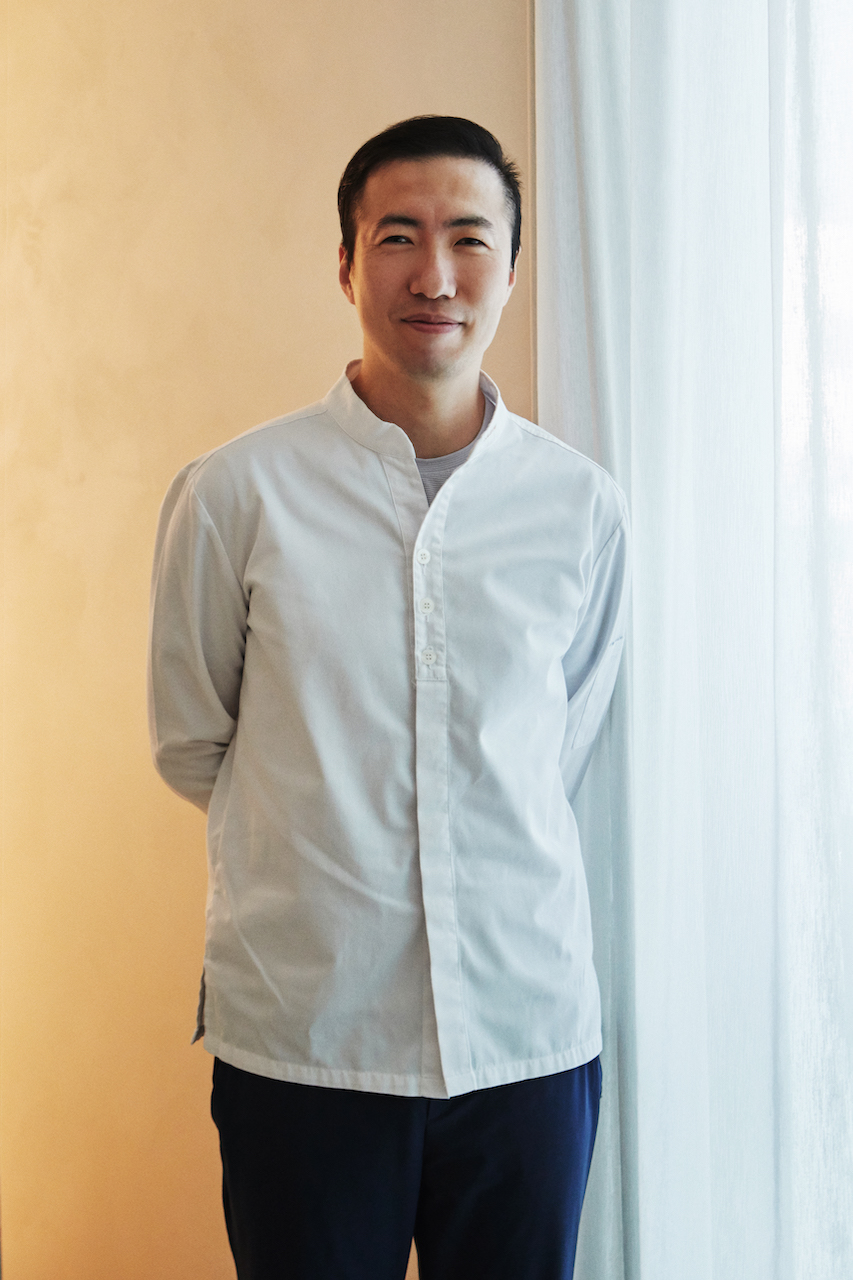
How do you feel about Seoul’s dining scene currently?
The dining landscape in Seoul is undergoing a remarkable transformation with a diverse range of culinary innovations emerging. From traditional Korean cuisine with modern twists to cutting-edge fusion dishes that blend global flavours, Seoul’s dining scene offers a dynamic and exciting experience for food enthusiasts. This shift is driven by a growing appreciation for culinary artistry and a desire among chefs to push boundaries and redefine gastronomic experiences. Additionally, there is an increasing emphasis on local and sustainable sourcing, reflecting a broader global trend towards responsible dining practices. As a result, Seoul has become a hotspot for culinary exploration and innovation, attracting food lovers from around the world eager to indulge in the city’s vibrant and evolving food culture.
Is there anything new happening at the restaurant of late?
Our restaurant relocated to a new space in March of this year. We now have a drawing room where you can savour amuse-bouche in a cosy atmosphere accompanied by champagne, followed by the main course served in the dining hall. We aim to provide you with the ultimate dining experience, ensuring every detail enhances your visit.
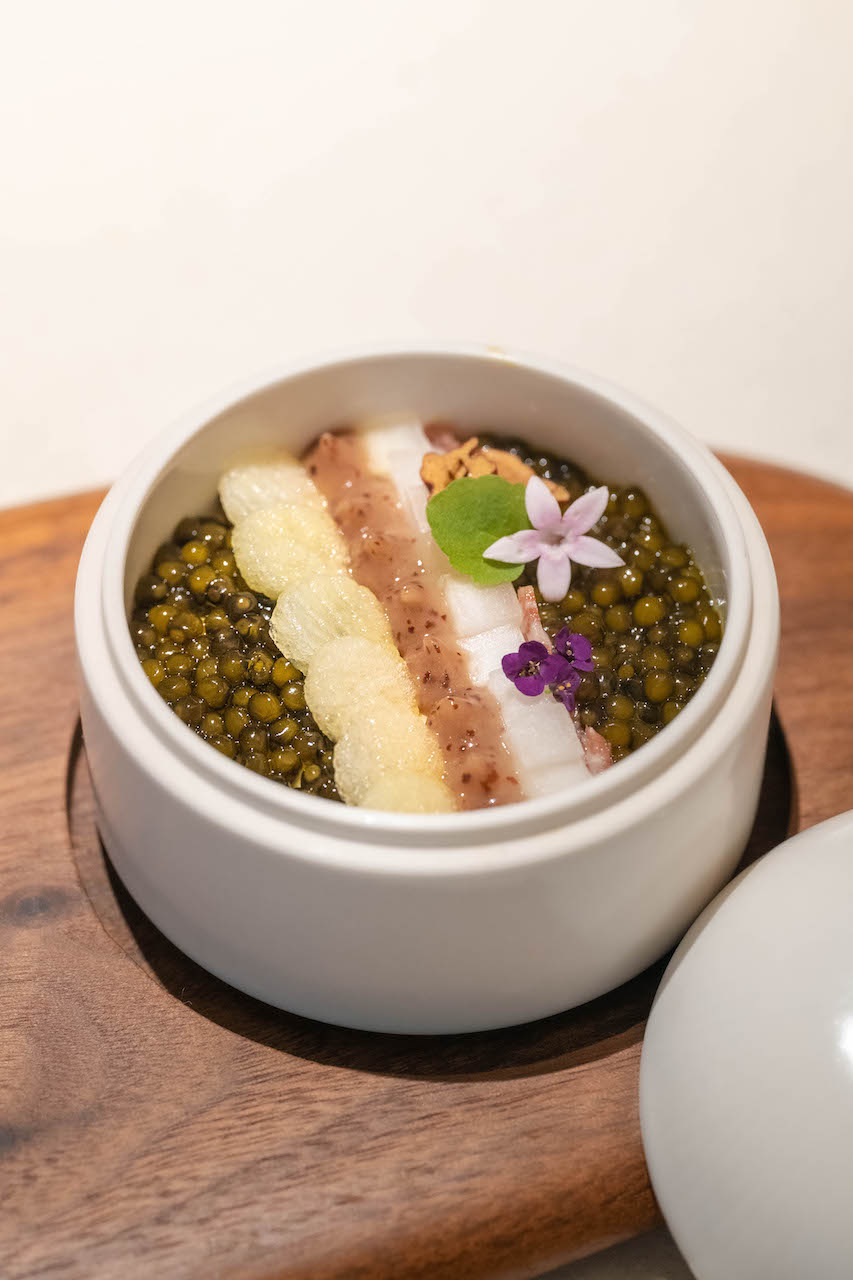
What can diners look forward to when they come to dine at your restaurant?
Experience the exceptional at Solbam, where modern cuisine achieves a harmonious blend of tastes, aromas, and flavours. Rooted in Korean tradition yet infused with innovative techniques, we celebrate local ingredients and the beauty of Korea’s four seasons. Each dish reflects a profound respect for nature and dedication to showcasing the essence of Korean cuisine.
What inspired your culinary journey and the concept behind your restaurant?
Nature stands as the ultimate muse and inspiration. My approach to cooking is guided by the seasons, drawing inspiration from the ever-changing landscape and the diverse bounty of local ingredients. Each dish reflects this harmonious relationship with nature, showcasing not only the flavours and textures of Korea’s terroir but also the beauty and essence of each season. From forest to field, we want to celebrate the interconnectedness of food and environment, inviting guests at Solbam to savour a culinary experience that embodies the spirit of nature itself.
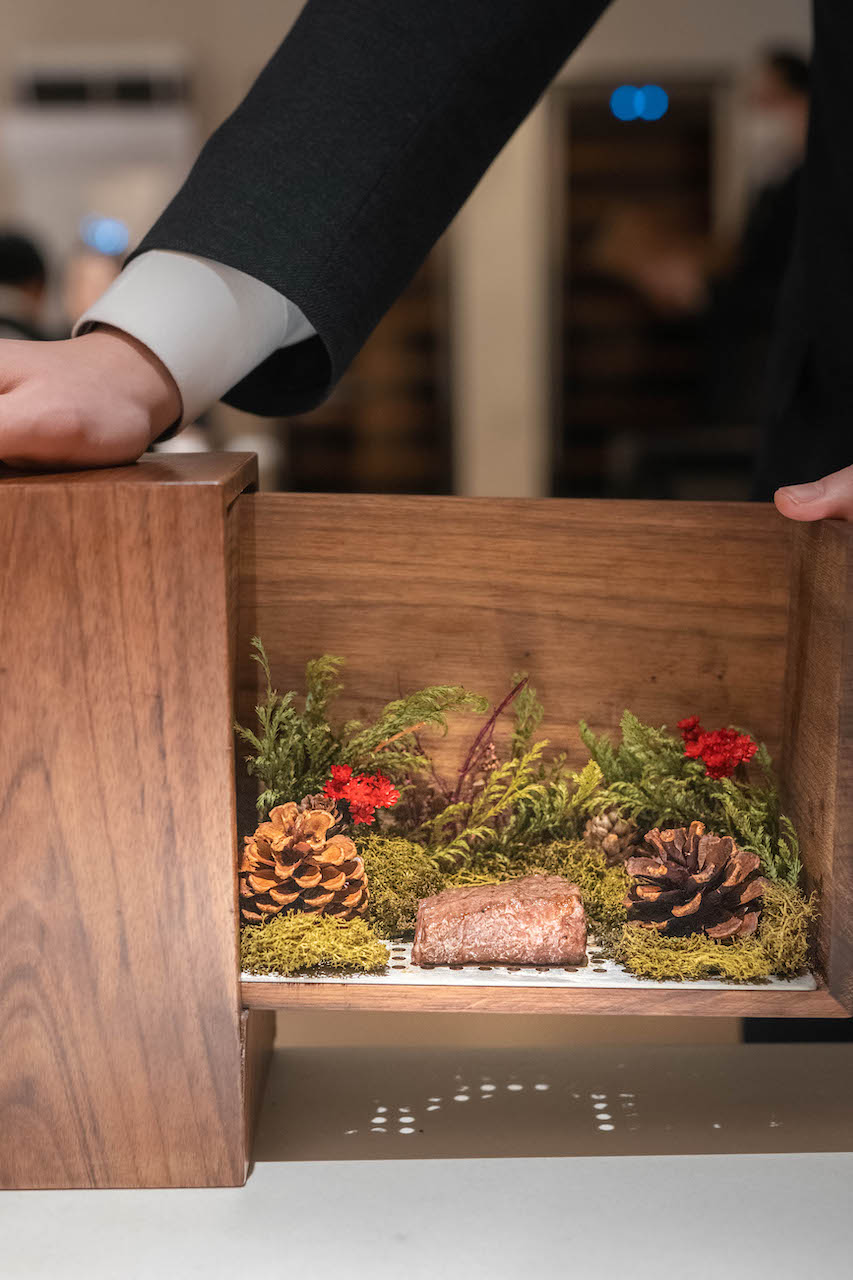
How do you stay innovative and keep your menu fresh in a rapidly evolving culinary landscape?
In my opinion, keeping a creative menu in a fast-changing cooking industry involves staying deeply connected to nature and local ingredients. By continually exploring seasonal produce and traditional Korean flavours, I adapt the menu to reflect current culinary trends while staying true to my roots. By emphasising innovation through experimentation, drawing inspiration from new techniques and global influences while maintaining a strong foundation in Korean cooking heritage. This approach allows us to evolve the menu dynamically, ensuring that each dish remains fresh, exciting, and relevant in the ever-evolving culinary landscape.
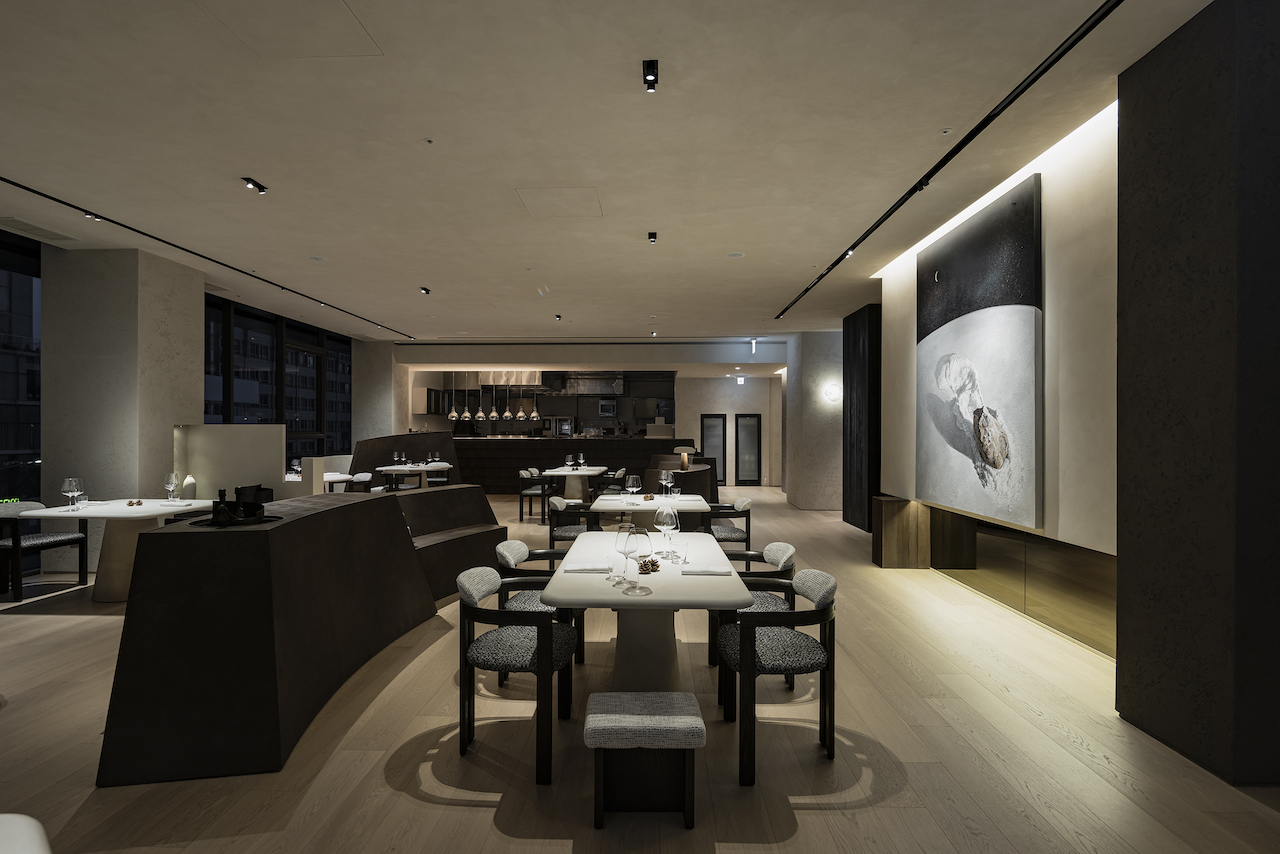
Do you have any advice you’d like to share with young chefs?
To aspiring young chefs striving for greatness: hone your skills through dedicated practice, embrace creativity, and never stop learning from both successes and failures. Stay curious, seek mentorship, and immerse yourself in diverse culinary experiences to cultivate your unique culinary voice.
___
Text by: Jocelyn Tan
